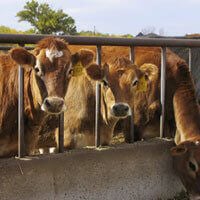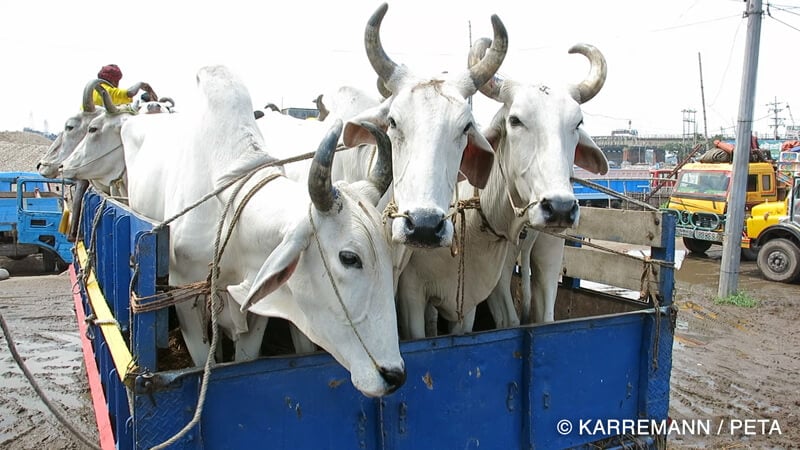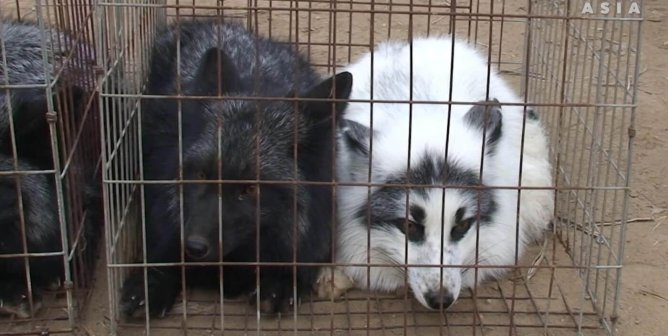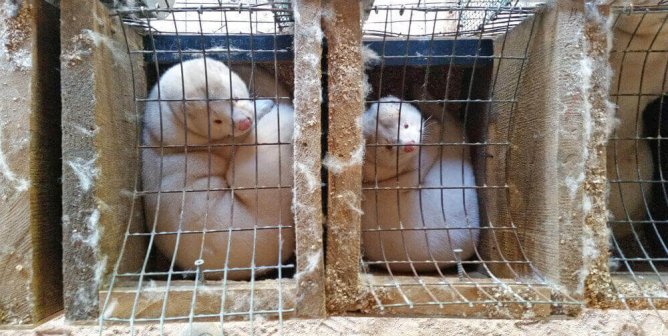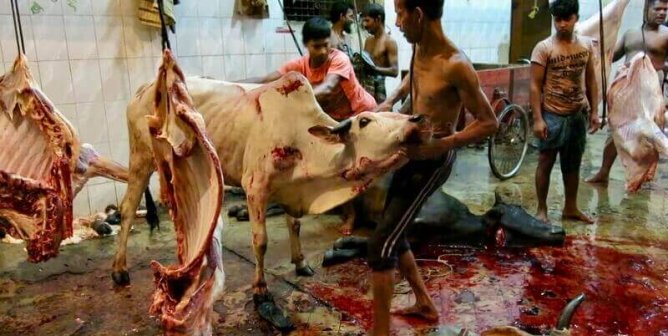Leather and Factory Farming
Most leather comes from cows raised for both beef and milk. Cows raised for beef spend most of their lives on extremely crowded feedlots. Studies have found that ranchers maximize profits by giving each steer less than 20 square feet of living space—the equivalent of putting 12 half-ton steers in a typical American bedroom!
The animals are subjected to painful procedures such as castration, branding (which causes third-degree burns), tail-docking, and dehorning—all without painkillers. They are deprived of veterinary care and exposed to the elements without any shelter. These breathing, thinking, feeling beings, who feel pain just as humans do, suffer immensely. They are also fed a steady diet of hormones to fatten them and antibiotics to keep them alive in extremely poor living conditions.
At the end of their short, dismal lives, cows are jam-packed into metal trucks, where, confused and terrified, they suffer from injury, weather extremes, crowded conditions, hunger, and thirst. In the winter, cows routinely arrive for slaughter frozen to the sides of transport trucks, frozen to truck bottoms in their own feces and urine, and injured or dead from the journey.
Frequently collapsing during their hellish ride, many cows arrive at the slaughterhouse unable to walk out of the back of the transport truck, so they are dragged off the truck with chains—often breaking bones when they hit the ground.
Every year, tens of millions of cows are stunned, hung upside-down, bled to death, and skinned in slaughterhouses. The federal Humane Slaughter Act stipulates that cows should be stunned by a mechanical blow to the head and rendered unconscious before they are strung up, but the high speed of the assembly lines—which often process up to 400 cows per hour—often results in improper stunning. Each year, millions of cows are skinned and dismembered while they are still kicking and crying out in terror.
Buying leather directly contributes to factory farms and slaughterhouses because skin is the most economically important coproduct of the meat industry.

